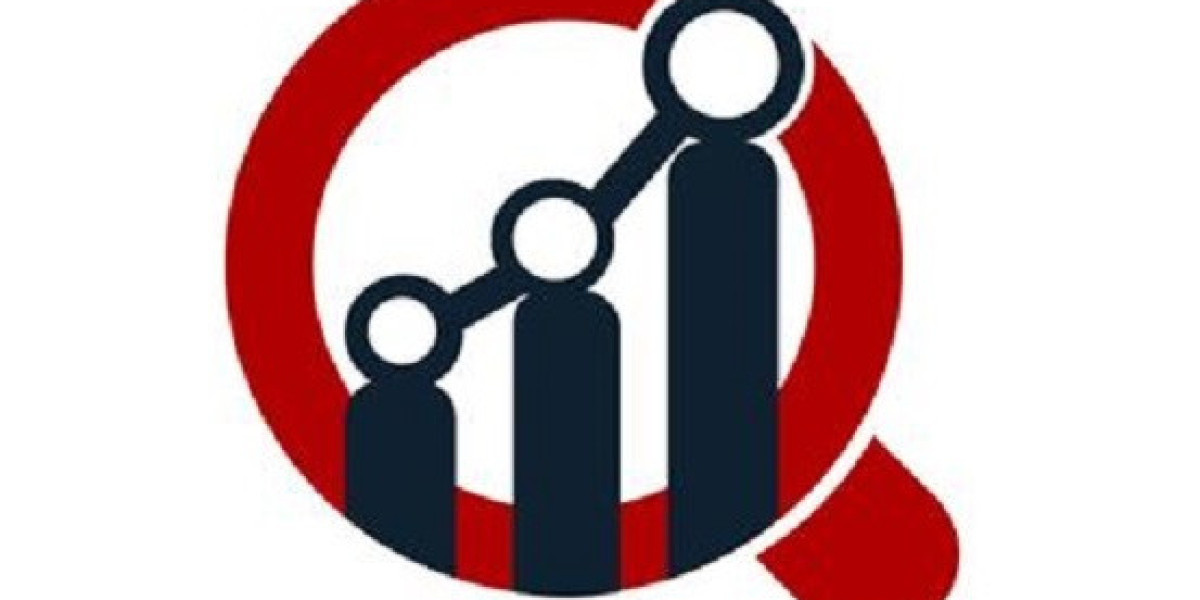
Clinical Mental Health Assessment: A Comprehensive Overview
Intro
Mental health assessments are vital in comprehending an individual's mental state and operating. The process includes systematically collecting details to diagnose mental health conditions, guide treatment preparation, and aid in therapeutic interventions. This short article discusses the significance of clinical mental health assessments, the numerous kinds of assessments, typically utilized tools, and the vital actions associated with the assessment process.

Value of Clinical Mental Health Assessment
A clinical mental health assessment serves numerous functions:
- Diagnosis: It assists professionals determine psychological disorders based on established criteria.
- Treatment preparation: The outcomes notify the advancement of effective treatment techniques tailored to the individual.
- Monitoring development: Assessments can be duplicated to assess modifications in an individual's mental health status in time.
- Resource allowance: Understanding the intensity and nature of a mental health issue permits better resource usage, both in therapeutic settings and social work.
Types of Clinical Mental Health Assessments
Assessments can broadly be categorized based upon their function and structure. Here are some typical types:
1. Diagnostic Assessments
- Designed to officially diagnose mental health assessment questions (www.xiomarasliz.top) health disorders.
- Uses clinical interviews and structured questionnaires.
2. Screening Assessments
- Brief tools utilized to determine possible mental health problems.
- Typically used in schools and primary care settings.
3. Comprehensive Assessments
- Extensive assessments integrating various methods, such as interviews, questionnaires, and behavioral assessments.
- Uses a holistic view of a person's mental health.
4. Functional Assessments
- Focus on understanding a person's ability to carry out everyday activities.
- Frequently utilized in cases involving severe mental health disorders.
5. Neuropsychological Assessments
- Examine cognitive functions to identify brain-related disorders.
- Includes tests for memory, attention, and processing speed.
6. Threat Assessments
- Examine the danger of self-harm, suicide, or harm to others.
- Crucial for developing security plans.
Frequently Used Tools in Mental Health Assessment
Mental health specialists make use of a variety of standardized assessment tools. Here are some widely recognized instruments:
| Assessment Tool | Purpose |
|---|---|
| Beck Depression Inventory (BDI) | Measures the seriousness of depressive symptoms. |
| Anxiety Disorders Inventory (ADI) | Screens for anxiety disorders. |
| Mini Mental State Examination (MMSE) | Assesses cognitive problems. |
| Hamilton Anxiety Scale (HAM-A) | Quantifies anxiety levels. |
| Patient Health Questionnaire (PHQ-9) | Screens for depression and examines its intensity. |
Steps Involved in a Clinical Mental Health Assessment
Performing a thorough mental health assessment generally includes the following actions:
1. Preliminary Consultation
- Develop relationship and gather initial details.
- Discuss the function and process of the assessment.
2. Clinical Interview
- Structured or semi-structured interviews to elaborate on symptoms, history, and functioning.
- Concentrate on present frame of mind, personal and family history, and antecedent occasions.
3. Standardized Testing
- Administer psychological tests relevant to the person's concerns.
- Gather data on cognitive, emotional, and behavioral aspects.
4. Behavioral Observations
- Observe the patient's habits during the interview or session.
- Keep in mind non-verbal cues that may indicate emotional states or psychosocial functioning.
5. Collateral Information
- If proper, gather information from member of the family or other appropriate parties.
- Offers extra point of views on the individual's functioning and history.
6. Analysis and Interpretation
- Assess the information collected to form a comprehensive picture of the person's mental health.
- Identify potential diagnoses and add to treatment planning.
7. Feedback & & Follow-Up
- Supply the client with feedback on the assessment results.
- Discuss possible next steps, consisting of recommendations to treatment programs or continuous support.
Often Asked Questions (FAQs)
Q1: How long does a mental health assessment take?
A: The duration can vary considerably, ranging from 30 minutes for screening assessments to numerous hours for comprehensive evaluations.
Q2: Are mental health assessments private?
A: Yes, mental health assessments are confidential. Info is only shared with authorization unless there's a threat of damage to self or others.
Q3: Can I get ready for a mental health assessment?
A: While it's vital to be truthful about your signs and experiences, it's valuable to reflect on your mental health history and current difficulties to boost communication throughout the assessment.
Q4: Will I get a diagnosis at the end of the assessment?
A: Not constantly. Sometimes more evaluation or observation is required. However, professionals will provide feedback and suggestions based on findings.
Q5: What if I do not concur with the assessment results?
A: Clients are encouraged to talk about any issues or understandings relating to the assessment outcomes. A consultation is also an option.
Clinical mental health assessments are invaluable tools that supply insights into an individual's psychological wellness. Comprehending the different types and processes included can empower people in their mental health journey and promote much better healing relationships. By focusing on comprehensive assessments, mental health professionals can make sure that clients receive the suitable care they require, boosting their overall quality of life.
Key Takeaways
- Clinical mental health assessments encompass various types and tools tailored to individual requirements.
- Thorough assessments guide diagnosis, treatment preparation, and monitoring.
- Open communication and feedback are vital components in the assessment process.
References
- American Psychological Association. (2020 ). The Importance of Psychological Testing.
- Morrow, L. (2018 ). Clinical Interviews in the Assessment Process.
- Beck, A. T. et al. (2019 ). Cognitive Therapy: Basics and Beyond.








